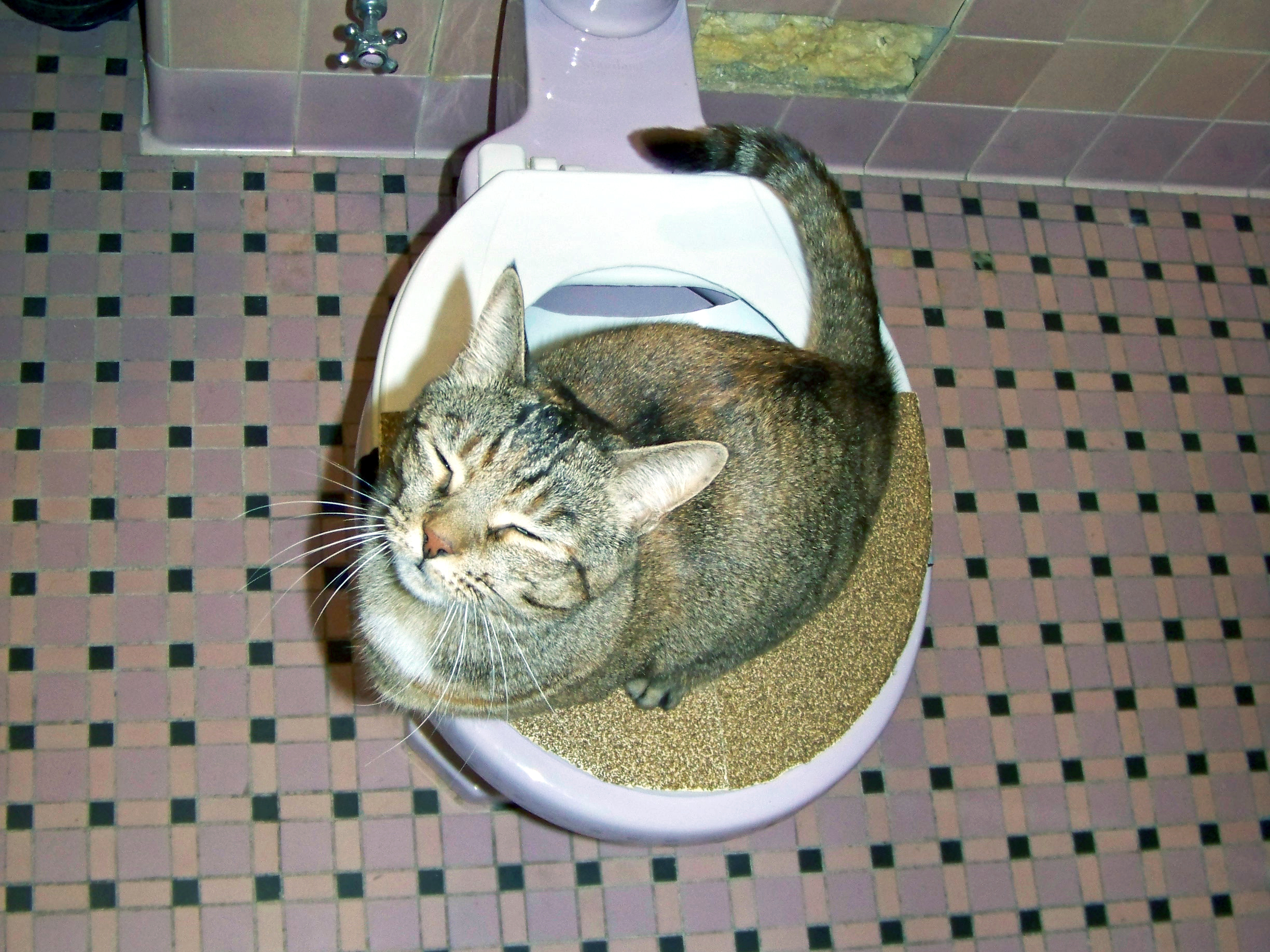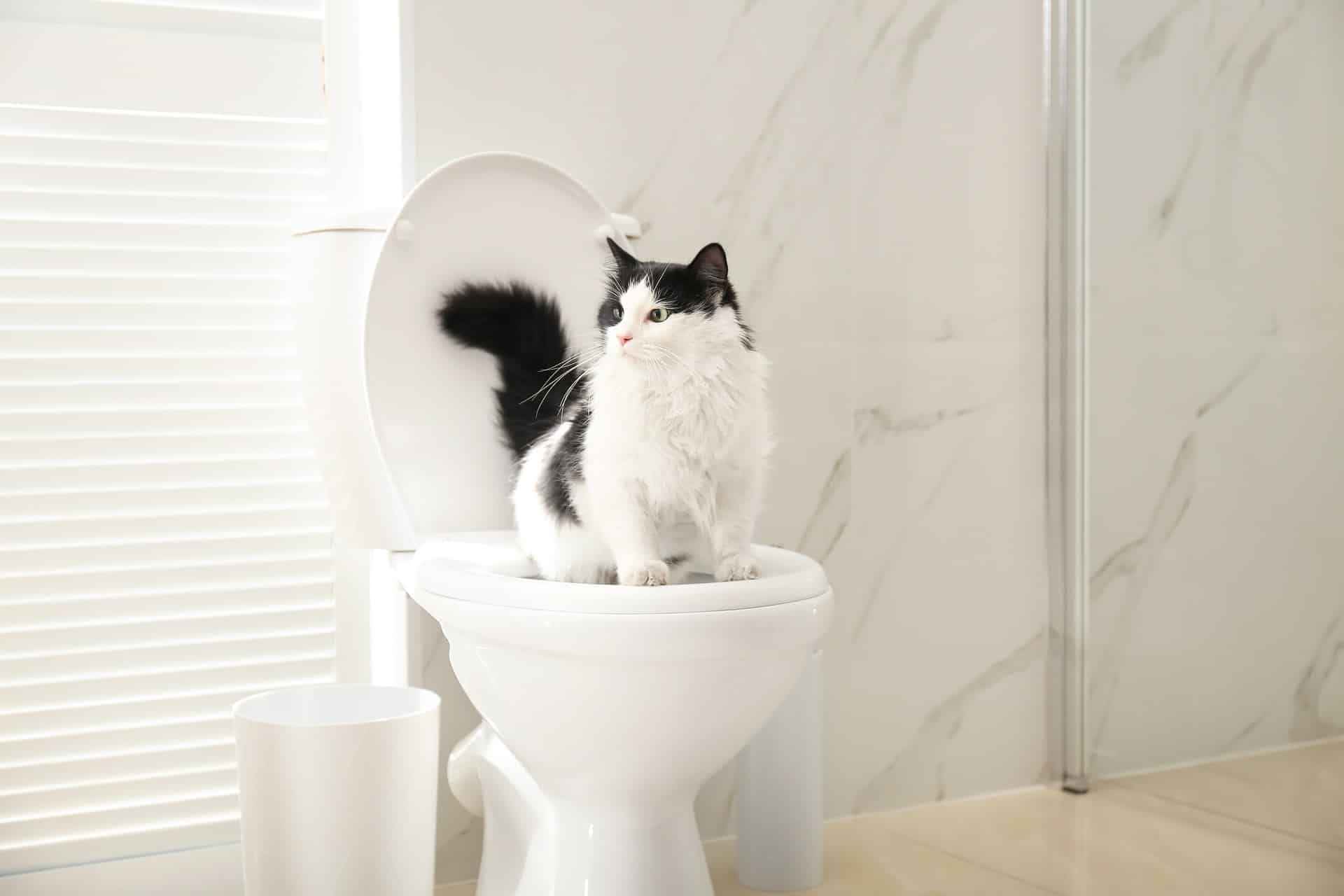The Importance of Not Disposing of Animal Waste Down the Toilet
The Importance of Not Disposing of Animal Waste Down the Toilet
Blog Article
They are making several great annotation on the subject of Should you flush animal waste down the toilet in general in the content further down.

When it pertains to dealing with waste, particularly animal waste, lots of people often resort to the convenient option of flushing it down the commode. Nonetheless, this seemingly very easy service can have serious consequences for the setting and public health. In this article, we'll discover why flushing pet waste down the bathroom is a negative concept and offer alternative approaches for correct disposal.
Introduction
Proper garbage disposal is vital for keeping ecological sustainability and public health. While it may seem safe to purge animal waste down the commode, it can bring about various concerns, both for the environment and human health.
Risks of flushing animal waste
Environmental influence
Flushing pet waste introduces harmful bacteria and virus into waterways, which can negatively impact marine ecological communities. These pathogens can pollute water resources and injury marine life, interrupting fragile environments.
Public health concerns
Animal waste has damaging bacteria such as E. coli and Salmonella, which can position severe health and wellness dangers to human beings. Purging animal waste down the toilet can contaminate water products, leading to the spread of conditions and infections.
Alternatives to flushing
Rather than flushing pet waste down the toilet, there are numerous alternate disposal approaches that are much more environmentally friendly and sanitary.
Composting
Composting pet waste is an environmentally friendly method to get rid of it. By composting, organic matter is broken down right into nutrient-rich soil, which can be utilized to feed yards and plants.
Garbage dump disposal
Dealing with animal waste in a garbage dump is one more alternative. While not as eco-friendly as composting, it is a more secure option to flushing, as it stops the contamination of water resources.
Pet dog waste disposal systems
There are customized animal garbage disposal systems offered that securely and hygienically deal with pet waste. These systems often make use of enzymes to break down waste and eliminate odors.
Actions to proper pet waste disposal
To ensure proper disposal of animal waste, comply with these steps:
Scooping and bagging waste
Consistently scoop and bag pet waste making use of eco-friendly bags. This stops waste from infecting the environment.
Using designated waste containers
Dispose of bagged pet waste in assigned waste bins, such as garden compost bins or land fill bins. Stay clear of flushing it down the toilet in any way expenses.
Cleansing litter boxes and pet locations on a regular basis
Regularly clean can and animal areas to stop the buildup of waste and microorganisms. Use pet-safe cleansing items to maintain health.
Benefits of appropriate disposal techniques
Embracing correct disposal methods for pet waste offers numerous advantages:
Minimized environmental pollution
Correct disposal methods reduce the threat of environmental pollution, protecting waterways and ecological communities from contamination
Lessened threat of water contamination.
By staying clear of flushing animal waste down the toilet, the danger of water contamination is considerably decreased, safeguarding public health.
Boosted sanitation and hygiene
Proper disposal approaches promote far better hygiene and health, developing a safer setting for both human beings and animals.
Verdict
Finally, purging animal waste down the bathroom is hazardous to the atmosphere and public health. By taking on different disposal approaches and following appropriate waste administration practices, we can lessen the negative influence of pet waste and contribute to a cleaner, healthier planet.
What To Do With Dog Poo – The Do's And Don'ts Of Disposing Of Faeces
Dog poo bins
Some councils provide dedicated dog waste bins in popular dog-walking areas that can take dog poo that has been bagged but you can legally dispose of dog waste in any public litter bin, as long as it is securely bagged. This also applies to your wheelie bin at home.
Do not flush
Water companies do not recommend flushing dog faeces down the toilet because certain parasites can survive the water processing treatment and are potentially harmful to humans. You should also never consider flushing dog poo that has been bagged down the toilet as the bags will not break down and instead create severe blockages in the sewage system.
In the woods
The Forestry Commission promotes a ‘stick and flick’ method for dealing with waste in the woods. This means finding a stick and using it to flick any poo from off the path so that it is out of the way of other walkers. You could also bury it as long as it is not in an area where there might be livestock.
Livestock
Parasites found in dog poo can be transmitted to livestock if they inadvertently eat infected faeces that has been left on grazing land. This could result in the death of sheep or abortion in cattle so you should always make sure you pick up your dog’s waste in fields where livestock could be present.

Regularly clean can and animal areas to stop the buildup of waste and microorganisms. Use pet-safe cleansing items to maintain health.
Benefits of appropriate disposal techniques
Embracing correct disposal methods for pet waste offers numerous advantages:
Minimized environmental pollution
Correct disposal methods reduce the threat of environmental pollution, protecting waterways and ecological communities from contamination
Lessened threat of water contamination.
By staying clear of flushing animal waste down the toilet, the danger of water contamination is considerably decreased, safeguarding public health.
Boosted sanitation and hygiene
Proper disposal approaches promote far better hygiene and health, developing a safer setting for both human beings and animals.
Verdict
Finally, purging animal waste down the bathroom is hazardous to the atmosphere and public health. By taking on different disposal approaches and following appropriate waste administration practices, we can lessen the negative influence of pet waste and contribute to a cleaner, healthier planet.
What To Do With Dog Poo – The Do's And Don'ts Of Disposing Of Faeces
Dog poo bins
Some councils provide dedicated dog waste bins in popular dog-walking areas that can take dog poo that has been bagged but you can legally dispose of dog waste in any public litter bin, as long as it is securely bagged. This also applies to your wheelie bin at home.
Do not flush
Water companies do not recommend flushing dog faeces down the toilet because certain parasites can survive the water processing treatment and are potentially harmful to humans. You should also never consider flushing dog poo that has been bagged down the toilet as the bags will not break down and instead create severe blockages in the sewage system.
In the woods
The Forestry Commission promotes a ‘stick and flick’ method for dealing with waste in the woods. This means finding a stick and using it to flick any poo from off the path so that it is out of the way of other walkers. You could also bury it as long as it is not in an area where there might be livestock.
Livestock
Parasites found in dog poo can be transmitted to livestock if they inadvertently eat infected faeces that has been left on grazing land. This could result in the death of sheep or abortion in cattle so you should always make sure you pick up your dog’s waste in fields where livestock could be present.

As a serious reader on Can You Flush Dog and Cat Poo Down the Toilet?, I think sharing that excerpt was sensible. Are you aware of somebody who is in the market for Don't Flush Your Pets Poo Down The Loo, Vet Warns? Take a moment to share it. Thank you for your time invested reading it.
Visit Our Site Report this page